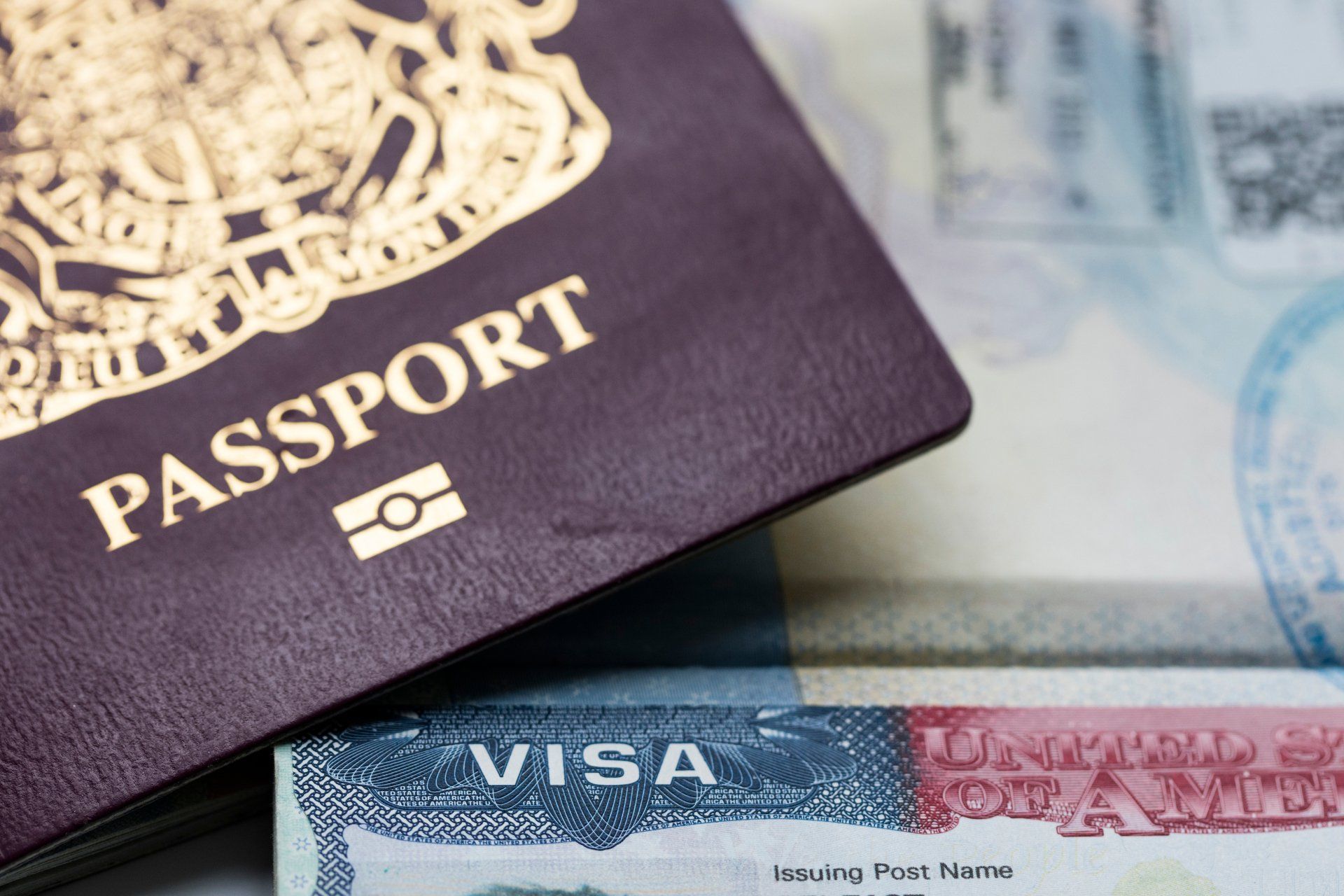Naturalization
The very highest status a person can receive under U.S. immigration law is to become a citizen of the United States, and it comes with many side benefits. For this reason, becoming a citizen is open only to certain people, most of whom have already held a U.S. green card, learned English, and can meet various other criteria, as discussed in this article.
Criteria for Citizenship Through Naturalization
If you meet all of the following criteria, you are eligible to apply for U.S. citizenship:
You have had permanent residence (a green card) for the required number of years.
This is usually five years, but fewer for certain categories of applicants.
For example, people who might be allowed to apply sooner include:
- the spouse of a U.S. citizen who has been married and living together for three years
- the battered spouse of a U.S. citizen, even if divorced or separated
- a refugee or political asylee (who benefit from something called “rollback,” in which at least a year of their time before getting a green card counts as if they were already green card holders)
- a U.S. military members or a military widow or widower, and
- a spouse of a U.S. citizen in certain types of overseas job.
Note also that you can turn in your citizenship application 90 days before your required years of permanent residence have passed, to compensate for the fact that U.S. Citizenship and Immigration Services (USCIS) might not act on your application (call you in for an interview) for at least that amount of time.
You have been “physically present”—that is, lived in the United States, for at least half your required years of permanent residence.
This is usually two and a half out of the required five years.
You have been “continuously present” in the United States.
That means you have not spent long stretches of time (six months or more) overseas. People who have not only spent a long time out of the U.S. but appear to have abandoned their U.S. residence for a home elsewhere might not only be denied citizenship but have their green card cancelled and be deported.
You have lived in the same U.S. state or USCIS district for three months before applying to the USCIS there.
This is an easy requirement to deal with. If you don’t meet it yet, wait a few months!
You are at least 18 years old at the time of filing the application.
Note that children may, in some cases, gain citizenship through their naturalized U.S. citizen parents.
You have demonstrated good moral character in the years leading up to your application for citizenship.
For example, it helps to be able to say or prove that you have paid your taxes and child support and not committed any crimes, and have otherwise been a responsible member of the community.
You can speak, read, and write English.
You will be tested on this during the naturalization interview at a USCIS office.
You can pass a brief oral test covering U.S. history and government.
You will also be tested on this during the naturalization interview at a USCIS office. Fortunately, all the possible questions are available from USCIS for you to study in advance.
You are willing to affirm loyalty to the United States and serve in its military if necessary
Once you pass the naturalization interview, you will attend a swearing-in ceremony, where you will take the Oath of Allegiance.
If your interested in Naturalization Give us a call today at (702) 405-6666 or use our convenient contact form.




